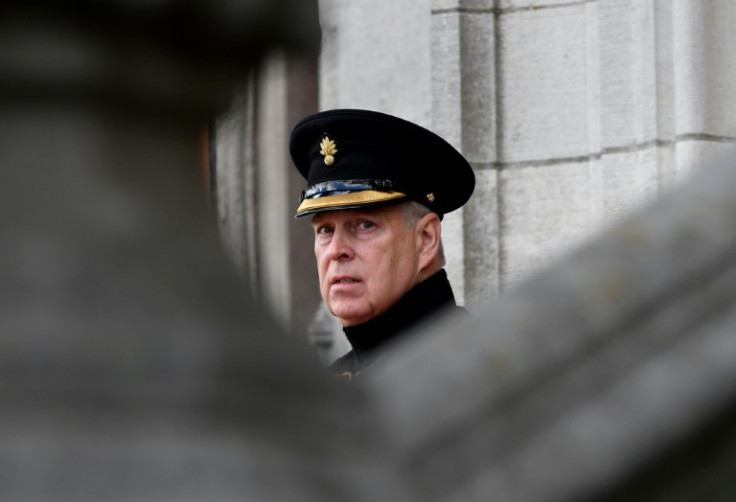Prince Andrew Gives Up Titles: Who Inherits Them?
The Duke of York steps back further from royal life, surrendering his remaining titles amid ongoing controversy

Prince Andrew has announced he will no longer use any of his remaining titles, marking a significant step in his gradual withdrawal from public life.
The Duke of York, who turned 65 this year, confirmed the decision following discussions with King Charles and other senior members of the royal family. The move comes amid ongoing controversy surrounding his association with the late Jeffrey Epstein, the convicted sex offender who died in 2019.
In a formal statement, Andrew said he had decided to 'put duty to family and country first,' explaining that the persistent accusations against him were 'a distraction from the work of His Majesty and the Royal Family.' He added, 'With His Majesty's agreement, I will therefore no longer use my title or the honours which have been conferred upon me. As I have said previously, I vigorously deny the accusations against me.'
What's Going To Happen Now?
Although Andrew will stop using the title Duke of York, he legally retains the dukedom itself — a title that can only be removed by an Act of Parliament. He has also given up the subsidiary titles of Earl of Inverness and Baron Killyleagh, which date back to his creation as Duke in 1986 by the late Queen Elizabeth II.
The decision has reignited public debate about the future of his titles. As of now, Andrew has no male heirs, meaning that the Dukedom of York and its associated titles will likely become extinct upon his death. His daughters, Princess Beatrice and Princess Eugenie, cannot inherit them under the current system, as British peerages traditionally pass through the male line.
Andrew remains a prince by birthright — a title granted automatically as the son of Queen Elizabeth II and Prince Philip. However, his former wife, Sarah Ferguson, will now be referred to simply by her name, having lost the style of Duchess of York. The couple divorced in 1996 but have remained close, continuing to share their home at the Royal Lodge in Windsor.
Prince Andrew's withdrawal from public life began in 2019, when scrutiny over his friendship with Epstein intensified following a BBC interview widely seen as disastrous. In 2022, he was stripped of his military affiliations and royal patronages, effectively ending his active role within the monarchy. His recent decision to relinquish his titles represents the final symbolic separation from his former royal position.
Who Inherits His Title
As for the question of who might inherit the title of Duke of York, royal historians point out that it traditionally goes to the second son of the reigning monarch. If the title reverts to the Crown following Andrew's death, King Charles would be free to bestow it again in the future. Under custom, that would make Prince Harry the natural choice. However, his departure from royal duties and strained relations with the royal household make that scenario unlikely.
Another possibility is that the title could eventually go to Prince Louis, the seven-year-old son of Prince William and Princess Catherine. Should the King wish to revive the title in future years, Louis could become the next Duke of York — continuing a royal tradition that dates back centuries.
For now, Prince Andrew's decision marks the end of an era for one of the monarchy's oldest titles, leaving its next holder a matter of speculation — and symbolism — for years to come.
© Copyright IBTimes 2025. All rights reserved.


















